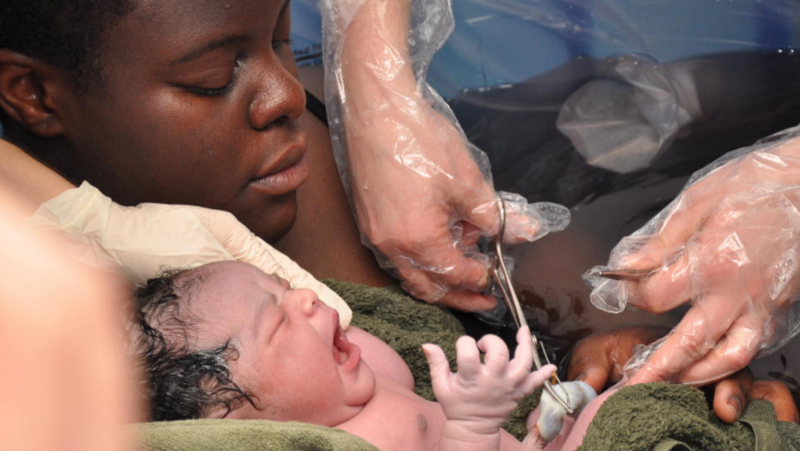Written by: Bentley Porterfield-Finn, Doula
Do you ever stop and think about why systems are organized and operated the way they are? Government, education, agriculture, health care. To improve systems and make sure they are serving all people well, it is crucial to consider their roots. Once we have done this, we can move in the direction of growth and improvement. Our current medical model of care for birth in the United States is one such system that people are calling to have reevaluated and restructured. This is the premise of the call to decolonize birth.
You have probably heard the saying, "If it's not broke, don't fix it." And maybe that is how you feel about birth and the maternal health care system. However, there is a preponderance of evidence that reveals how this system is not working well for everyone. Maternal mortality, postpartum depression, health disparities, birth trauma, infant mortality, and obstetric violence are all problems currently facing our maternal health care system.
THE MOVEMENT OF DECOLONIZING BIRTH
People have been giving birth since the beginning of time. After all, it is the miracle that maintains our species. Nonetheless, forces of dominance, power, and oppression have changed the way we give birth and the way we care for those who give birth. The movement of decolonizing birth calls for us to be critical of the systems in which maternal care is embedded and to help make them better. Decolonization is the process of acknowledging and dismantling hidden institutional, historical, and cultural forces that perpetuate disjointed systems of power. Birth has not always taken place in hospitals, and our medical practices and cultural representations of birth have transformed the birthing process as our country has become more industrialized. All birthing persons should be able to give birth in safe spaces that respect and honor their intuition, autonomy, cultural traditions, and desires.
THE ROLE OF SLAVERY IN TODAY'S MATERNAL HEALTH CARE SYSTEM
Fundamentally, colonization is about control. When you look at our maternal health care system, who has control? During slavery, white people had unchecked reproductive control, and reproduction had a lot to do with the perpetuation of oppression and maintenance of power. Moreover, slavery was predicated on "the dehumanization of Africans on the basis of race and the control of women's sexuality and reproduction" [1]. As physicians in the United States were attempting to establish themselves as credible medical providers, valuable community-based care in the hands of Black midwives was deemed "inadequate." Suddenly, structures of competence were changed, and in order to assist in the delivery of babies, you needed a medical degree from an accredited institution. Nonetheless, this education was made inaccessible to those Black midwives who had proven themselves experienced and competent.
Further, people of color were experimented on without their consent. Women of color were even sterilized without their consent to test the impact of contraceptives before they could be made available to white women. The various cultural traditions surrounding birth and postpartum were replaced with a tightly regulated hospital environment.
WESTERN SOCIETY'S MATERIAL HEALTH CARE VALUES
Today, many hospitals in the United States follow the technocratic model of birth. According to researcher Robbie Davis-Floyd, the technocratic model of birth views the female body as a machine, regarding the birth of the baby as the most important end product—the mother is a secondary by-product [2]. This model is grounded in Western society's values of science, high technology, and economic profit. In birth contexts, a technocratic approach emphasizes mind-body separation, sees the patient as an object with little personal relationship with the practitioner, is characterized by aggressive intervention, and values standardization of care [3]. Essentially, this model does not prioritize attending to each individual mother's unique emotional needs and approaches birth strictly as a medical event.
Sometimes it can be hard to recognize colonial power structures because they have become so well established. Decolonizing birth is not about getting rid of hospitals or demonizing the medical model of care. In fact, medical interventions and environments can be life-saving for some. Instead, it is about trusting natural, physiological birth and being conscious of how power operates when we do so. It is about making various dimensions of care accessible to all birthing persons, regardless of race, religion, sexual orientation, or class. Decolonizing birth requires an intersectional approach that considers each of these dimensions and ultimately values all birthing traditions.




